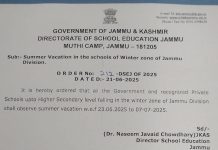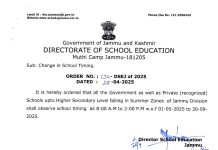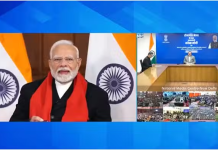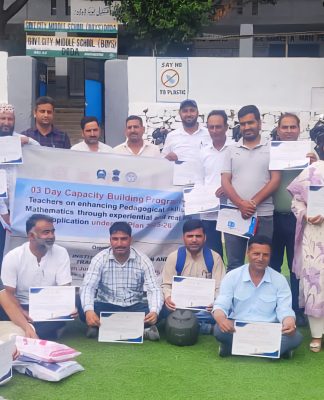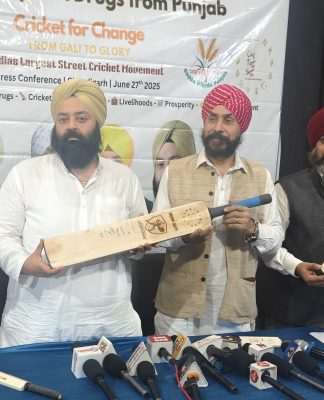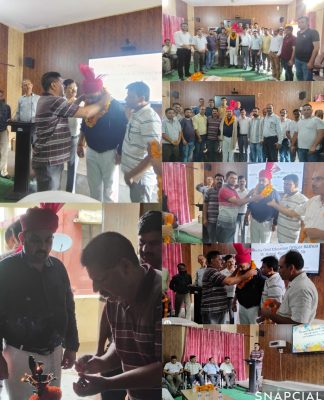New Delhi, December 5: The central government on Wednesday defended before the Supreme Court its decision to divest CBI Director Alok Verma and Special Director Rakesh Asthana of their powers and send them on leave, saying the public fight between the two top CBI officers made the probe agency a subject of ridicule.
“Dispute between CBI Director and Special Director was pulling down integrity and respect of premier institution. The two top officers were fighting against each other and went public which exposed CBI to ridicule…They were fighting like Kilkenny cats,” Attorney General KK Venugopal told a three-judge Bench of Chief Justice of India Ranjan Gogoi, Justice Sanjay Kishan Kaul and Justice KM Joseph.
The AG’s statement came in response to a question posed by Justice Joseph who specifically sought to know if the Centre had the power to divest the CBI Director of his powers under the Prevention of Corruption Act.
Justice Joseph pointed out that Section 4(1) of the Delhi Special Police Establishment Act that governs the CBI says that in corruption cases, the Central Vigilance Commission will have superintendence over CBI while section 4(2) says that the Centre will have power of superintendence in all other matters. He wondered if the Centre could also divest him of powers under PC Act.
He has been immobilised and divested of all powers for now, Venugopal said requesting the Bench to look at the Centre’s order as a whole.
Verma—who is due to retire on January 31—and Special Director Rakesh Asthana have been at loggerheads for quite some time. They were sent on leave last month and both have filed separate petitions challenging the government’s decision.
Noting that the fight created an unprecedented and extraordinary situation and the Government was watching with “amazement” as to what these two officers were doing, Venugopal said in such a situation it was “absolutely essential” for the Centre to step in.
He justified the Government’s decision, saying it was necessary to take such a decision as the infighting was adversely affecting the CBI’s credibility.
“If the government had not done so, only God knows where and how this fight between the two top officers would have ended,” the Attorney General told the Bench, which also included Justice Sanjay Kishan Kaul and Justice KM Joseph.
Concluding his arguments, Venugopal asserted that the decision was aimed at restoring public confidence in the CBI.
On behalf of the Central Vigilance Commission (CVC), Solicitor General Tushar Mehta commenced his arguments but the Bench rose for the day within few minutes.
The Bench—which is seized of petitions filed by Verma and Asthana against the Centre’s decision to divest them of their powers and send them on leave—posted the matter for further hearing on Thursday. CBI officers AK Bassi and Manish Kumar Sinha have challenged the government’s decision to transfer them to Port Blair and Nagpur respectively.
Verma had on November 29 asserted before the top court the Centre had no powers to take such a decision as he was appointed for a fixed tenure of two years and cannot even be transferred without the consent of the appointing panel.
Questioning the Centre’s senior advocate Fali S Nariman, representing Verma, had contended the CBI Director was appointed on February 1, 2017 and “the position of law is that there will be a fixed tenure of two years and this gentleman cannot be even transferred”.
The top court had on the last date of hearing said it would first consider if the government had the power to divest the CBI Director of his powers.
The AG maintained that the three-man panel headed by prime minister only recommended three names for appointment of CBI Director. The actual appointing authority was the government and not that panel, he said.
Earlier, Asthana had sent a complaint against Verma to the Cabinet Secretariat, which in turn forwarded it to the CVC. The Centre took the decision after consulting the CVC.
After Verma challenged the Centre’s decision, the Supreme Court asked the CVC to inquire into the complaint against Verma under the supervision of former SC judge AK Patnaik. The CVC has already submitted its interim report to the court in a sealed cover which in part goes against Verma. The CVC has yet to conclude its probe.


